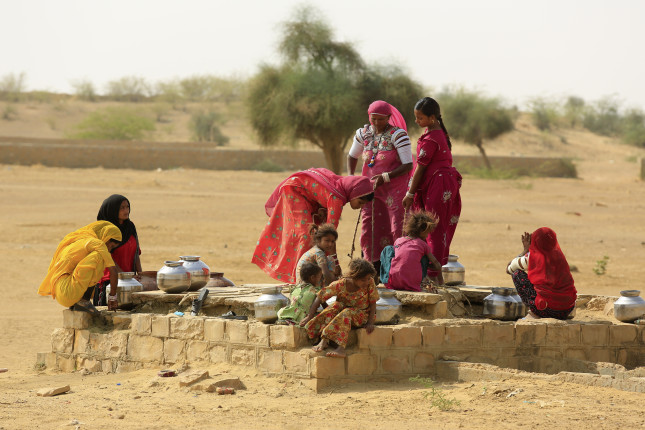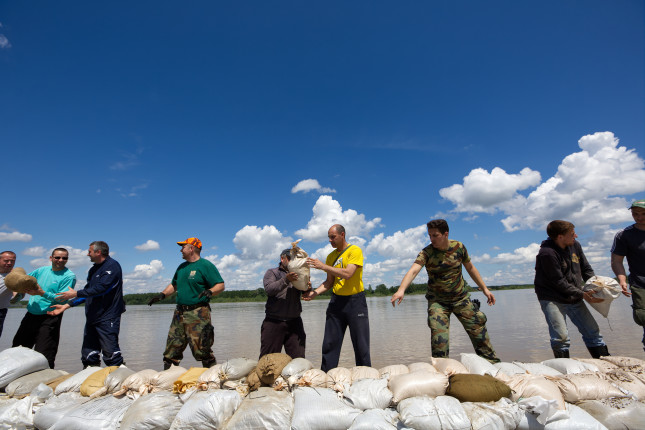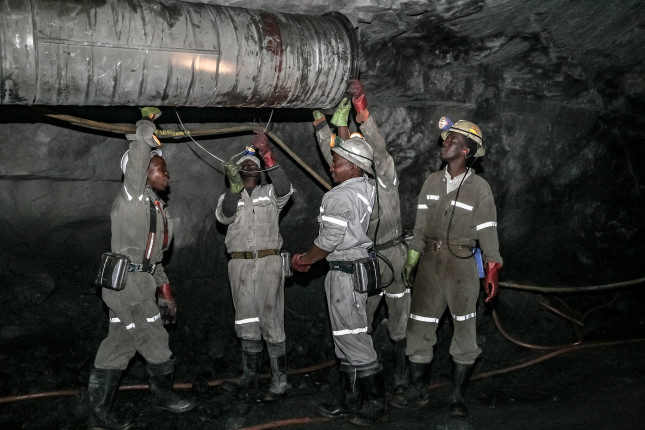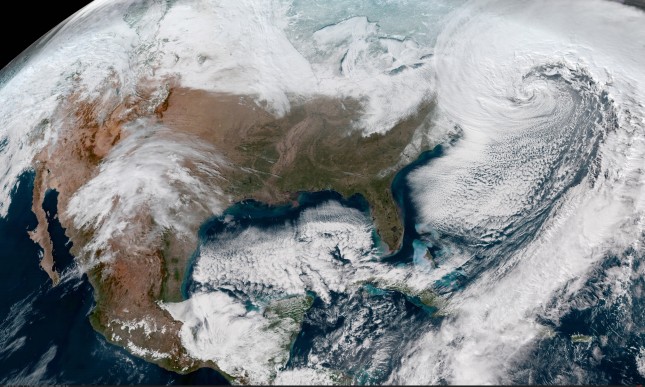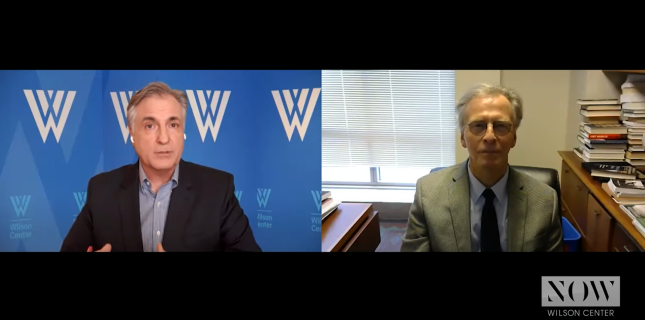-
Hydropolitics in the Russian – Ukrainian Conflict
›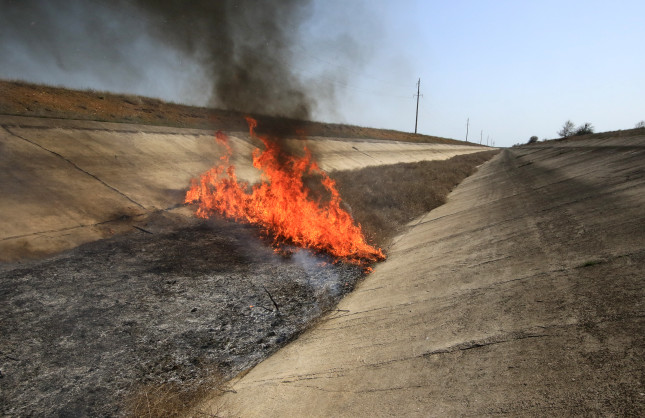
It’s telling that one of the first actions that Russian forces took in their invasion of Ukraine was to blow up a dam on the North Crimean Canal (NCC), allowing water to flow back into Crimea. The current war being waged by Russia in Ukraine has its origins in fractured and contested political history, but there are also key natural resource security questions which often go overlooked. While there are established debates about the extent to which natural resources contribute to conflict, the current conflagration exemplifies a rare use of water as a means of direct leverage in a military standoff. Regardless of the outcome of the conflict, the tensions between Russia and Ukraine over the NCC illustrate the need to consider the role of natural resources—and access to them—in broader diplomatic efforts.
-
More EU in the Arctic and More Arctic in the EU?
›Guest Contributor // Navigating the Poles // February 7, 2022 // By Romain Chuffart & Andreas RaspotnikThe Arctic is ground zero for climate change. Warming in the region is occurring at three times the rate of the global average and September Arctic sea-ice is now declining at a rate of 13 percent per decade. However, the reverse is also true. The complex changes taking place in the Arctic are having profound effects on the rest of the world, and major economies are taking note.
-
Gender, Climate Change, and Security: Missing Links
›
Gender issues, climate change, and security problems are interconnected in complex and powerful ways. Unfortunately, some of these connections have not received enough attention from scholars, policy analysts, and policymakers. This has serious, real-world implications for the promotion of gender equality, the mitigation of climate change, and the advancement of peace and security—three priorities that everyone should care about.
-
Merging the Environmental and Security Sectors in Climate Risk Responses
›Environmental security notions have evolved over the past 30 years. Once a sub-field of Security and Peace Studies focusing on how environmental issues correlate with modern security theories and policies, the concept is rapidly merging environmental and security sectors. Former Greek Naval Officer in the Hellenic Navy and current environmental security scholar Dimitrios Kantemnidis’ expertise sits at the center of the two merging fields. His military background informs perspectives on growing environmental security risks and potential responses for civilian and military actors.
-
The Challenge of Securing Access to Minerals for the Green Transition
›COP26 came to a close in Glasgow this weekend, with activists and developing country governments disappointed in the global ambition as laid out in the final agreement text. On the one hand, the final document reflects commitments to cut on methane, doubling of monetary compensation for adaptation measures, and the need for cooperation between the United States and China—the two largest carbon emitters—to set out a roadmap to keep warming below 2 degrees Celsius. On the other hand, developing countries criticized rich countries for evading the language of loss and damage—compensation that recognizes that the countries most affected by climate change have contributed the least to planet-warming greenhouse gases.
-
Today’s Top Global Scenarios Share Similarities and Noteworthy Differences, Including Beijing’s Role
›Guest Contributor // November 9, 2021 // By Steven Gale, Ana Fernandes, Krystel Montpetit & Alanna MarkleThis past March, the U.S. National Intelligence Council (NIC) offered five scenarios for global development in 2040. Two months later, the OECD released three scenarios for the future of global cooperation in 2035. Curious development professionals and others who like to peer into the future are no doubt asking: How does each organization see the future? Are the scenarios similar, different, closely aligned or wildly divergent?
-
The Biden-Harris Administration Releases a (Nearly) Whole-of-Government Response to Climate Security
›October 29, 2021 // By Lauren Herzer RisiLast week, in an unprecedented show of coordination to address the connections between climate change and security, the Biden-Harris Administration released four reports—which taken together, mark significant progress in the effort to center climate change in U.S. national security and foreign policy. The documents—which fulfill key requirements laid out in two Executive Orders issued by President Biden in the early days of his administration—describe how climate change will increasingly heighten instability and influence the United States’ strategic interests, including shaping competition with other great powers—most significantly, China.
-
Climate Change and Nuclear War: Existential Threats on a “Split Screen”
›
“In international relations today, we face two truly existential threats—in climate change and in nuclear war,” says Robert Litwak, Senior Vice President for Scholars and Director of International Security Studies, in a new episode of Wilson NOW. The interview with Litwak focuses on his new article, “Geostrategic Competition and Climate Change: Avoiding the Unmanageable,” recently published in 21st Century Diplomacy: Foreign Policy is Climate Policy.
Showing posts from category foreign policy.



